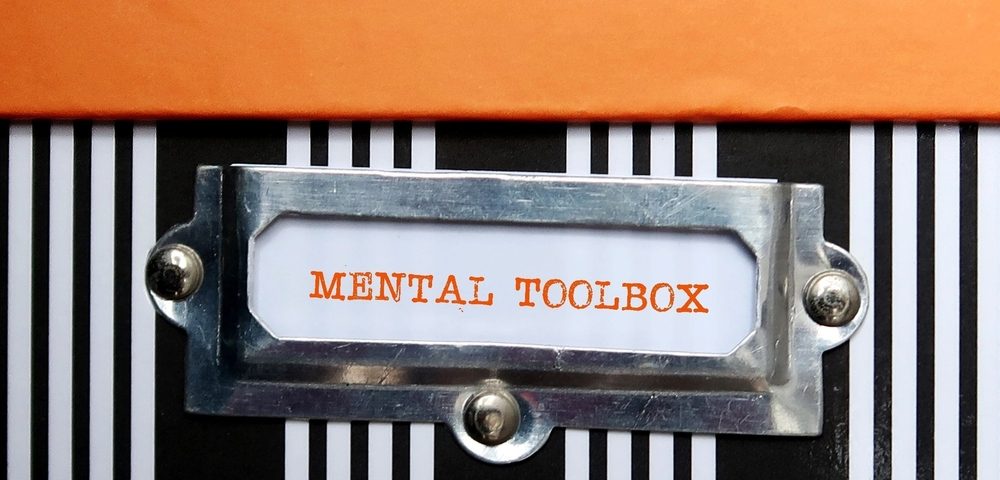
The Boundary Shift
January 21, 2023
Balance, Boundaries, and Belief…
January 25, 2023Coping with emotions is a key milestone in a child’s developmental stage. For elementary school-aged children, there are some things to keep in mind when teaching them how to cope.
First, there is a social cost to crying at school—being teased or excluded because your child cries too much is a very real thing children have to confront. Therefore, developing coping skills can help your child successfully negotiate their first journey into independent social situations. In doing so, they’ll be able to cope with intense emotions rather than crying about them.
The key to identifying and tolerating emotions is remembering that emotions are short-lived signals our body sends us to let us know something isn’t quite right with the situation. Teach your child to identify the feeling. Allow them to experience the intense emotion without interfering and “rescuing” them. Remind your child that emotions are short-lived. In the moment, the feeling might be intense, but the intensity and the emotions will pass, and will help them learn to tolerate the feelings.
Finally, teach your child that emotions are signals our bodies and brains send us to alert us—they are essentially an alert system to help us navigate social situations. Positive emotional experiences occur in situations in which people feel loved, cared for and safe. Negative emotional experiences tend to occur in situations where the perceived sense of safety is threatened, situations of loss, grief or unknown.
Child reading list
“Bubble Riding: A Relaxation Story Designed to Teach Children Visualization Techniques to Increase Creativity While Lowering Stress and Anxiety Levels” by Lori Lite
“Stress Can Really Get on Your Nerves!” by Trevor Romain
“Listening with My Heart: A Story of Kindness and Self-Compassion” by Gabi Garcia
Parent reading list
“Listening to My Body” by Gabi Garcia
“Helping Children to Cope with Change, Stress and Anxiety” by Deborah Plummer
“Helping Children to Cope with Stress” by Avis Brenner
Signs & Behaviors
Children who can cope tend to:
Identify their emotions
Tolerate intense emotions such as fear, anger and sadness
Understand emotions are short-lived
Understand feelings are alerts or signals telling us we need to pay attention to the environment because something positive or negative may be happening
Recover quickly from intense emotions (especially negative emotions)
Use a number of different coping skills
Use language to talk about their emotions with others
Use empathy and theory of mind skills to self-regulate
Children who can’t cope tend to:
Avoid situations that elicit intense emotions
Throw tantrums that are inappropriate for their age
Use verbal and physical aggression
Develop anxiety and depression
Isolate themselves
Develop low self-esteem
What you can do
Model appropriate emotional literacy skills by identifying your own emotions and tolerating them
Use self-care to take care of your emotional health and well-being
Teach healthy coping skills
Identify emotions and triggers
Identify the accompanying bodily sensations associated with emotions
Practice deep breathing
Practice mindfulness
Use empathy to help identify how others may feel
Use the ability to predict what may happen in social situations in order to regulate your own emotions
Label your feelings for your child until they learn how to do it
Talk about emotions as a part of everyday routines
Be patient as your child learns to deal with their feelings
Actively listen by rephrasing what they say to you
Don’t solve their problems
Don’t rescue them from their feelings; help them tolerate the emotions
Conversation starters
“Where in your body do those feelings happen? What kind of sensations do the feelings create?”
“What do you need in situations where your feelings get too big to handle?”
“What are the things that make you feel mad, sad or scared? What are the things that make you feel happy, surprised or proud?”
MASK the Parenting Magazine a quarterly publication providing solutions for Today’s Families.
The parenting manual offering solutions to the modern-day challenges families face. From Pre-K
through College stay up to date on the modern day issues families face.
Are you up to date on the issues your child is facing?
MASK Mothers Awareness on School-age Kids offers parenting solutions for today’s families. MASK tackles important topics – from drugs and alcohol to bullying and Internet safety -and gives students, parents and the community the knowledge and tools to manage these potential challenges.
Subscribe today! https://www.maskmatters.org/product/mask-the-magazine/
Download and share the MASKmatters app now! Made for children, parents, teachers and in Spanish.
Have solutions at your fingertips
Available free on apple and google play links below
Apple https://apps.apple.com/us/app/maskmatters/id1482305692
Google Play
https://play.google.com/store/apps/details?id=com.maskmatters.maskmattersapp&hl=en_US&gl=US




